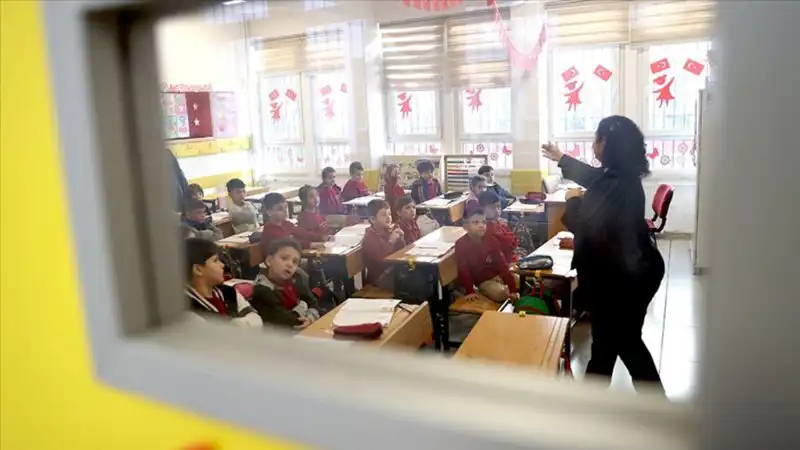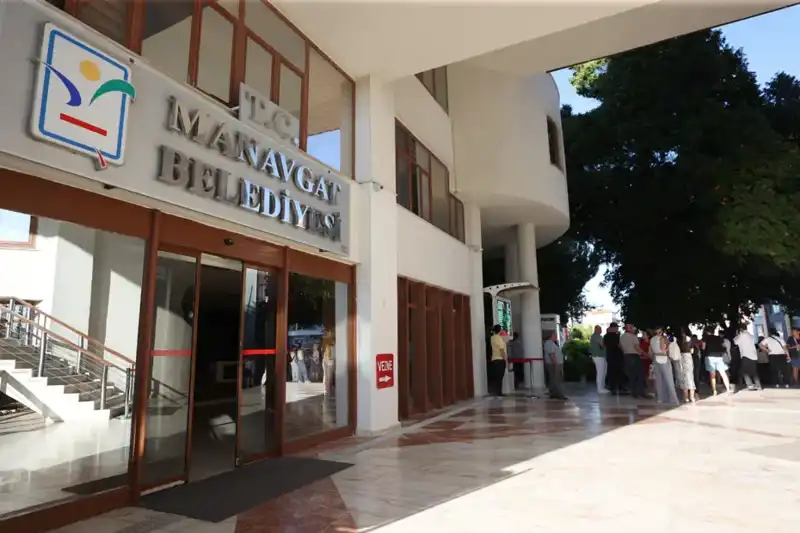Temmuz 2023'te Asgari Ücrete Ara Zam Geliyor mu? Son Gelişmeler Burada!
Asgari ücrete yapılacak olası ara zam, çalışanlar için merak konusu oldu. Beklentiler yükseliyor!

Ülkemizde asgari ücret, her yıl Ocak ve Temmuz ayında yapılan güncellemelerle belirleniyor. Ancak son dönemde hızla artan enflasyon, çalışanların alım gücünü ciddi şekilde etkiledi. Bu durum, 2023 Temmuz ayında gerçekleşecek olası bir ara zam beklentisini gündeme taşıdı. İşçilerin yaşam standartlarını korumak adına atılacak adımlar, işçi sendikaları ve çeşitli STK’lar tarafından sıkça gündeme getiriliyor. Peki, Temmuz’da asgari ücrete gerçekten bir ara zam yapılacak mı? İşte detaylar...
Asgari Üçretteki Artışın Sebepleri
If we evaluate the current economic environment, several factors have contributed to the discussions surrounding a potential raise in the minimum wage. Firstly, the surging inflation rate, which has recently surpassed expectations, has significantly diminished workers' purchasing power. The cost of living in urban areas has reached levels that pose severe challenges for low-income households. Experts note that with basic needs such as food, transportation, and housing becoming increasingly unaffordable, it's crucial for the government to assess the minimum wage structure adequately.
Moreover, recent reports suggest that many employees are struggling to meet even their basic monthly expenses. Unions representing various sectors have expressed their dissatisfaction with the current minimum wage, labeling it insufficient for decent living conditions. In light of these discussions, the possibility of an additional adjustment has been proposed by labor organizations, aiming to advocate for the rights of workers.
Devletin Olası Yanıtı ve Beklentiler
The government has acknowledged these concerns and is under pressure to respond adequately. While there is no official announcement regarding a planned increase in the minimum wage for July 2023, the Economic Council has begun discussions on the issue. Officials are considering the affordability of such a raise and its possible economic implications. Some analysts argue that without an adjustment, the government risks further dissatisfaction from the workforce, which could lead to protests and strikes.
In previous years, the government has often turned to public consultations before making wage decisions, and this year may not be any different. Engaging with stakeholders, including trade unions, employer organizations, and economists, is critical to finding a balanced solution that acknowledges the needs of employees while considering the overall economic climate.
Additionally, there are ongoing discussions regarding a potential re-evaluation of the tax policies related to wages and labor. Experts believe that a fair taxation system could ease the financial burden on workers without substantially increasing the costs for employers. This could lead to a situation where an increase in the minimum wage does not severely impact overall employment levels.
As the debates continue, the public remains keenly aware of the developments. Workers eagerly anticipate news from the government and relevant committees, hoping that their voices will be heard in the decision-making process. Unions have planned rallies and events aimed at raising awareness about the need for a fair wage adjustment, emphasizing the importance of dignity in labor.
In conclusion, while the discussions regarding an ara zam for the minimum wage in July 2023 are ongoing, it’s essential to monitor the situation closely. Economic factors, worker advocacy, and government actions will all play crucial roles in determining the outcome. As we approach mid-2023, employees and employers alike await clarity on this pressing issue that directly impacts millions of lives across the nation.









